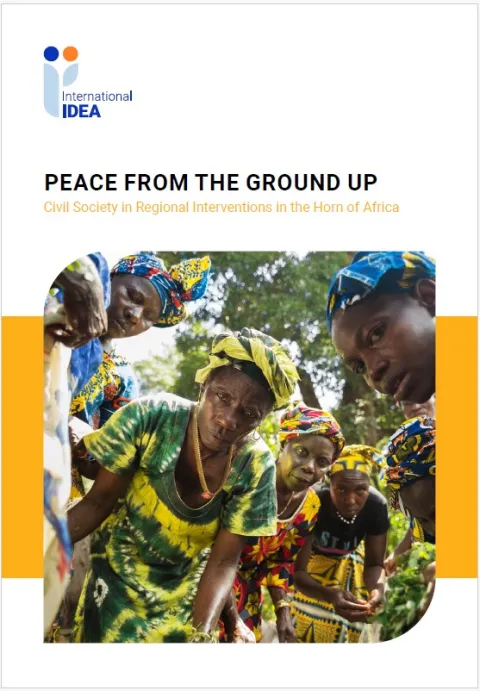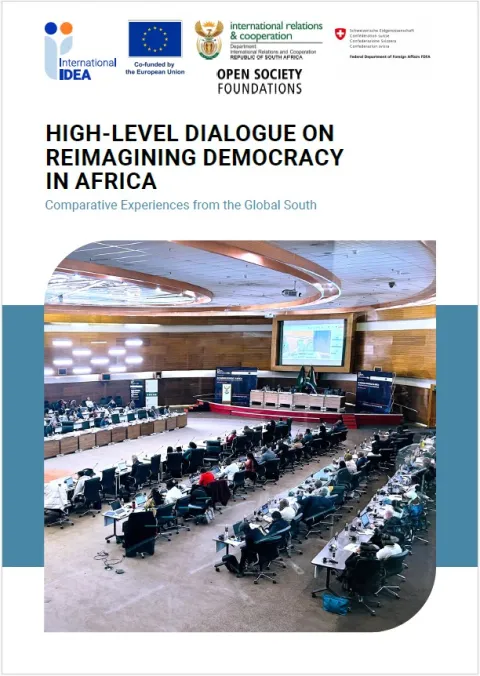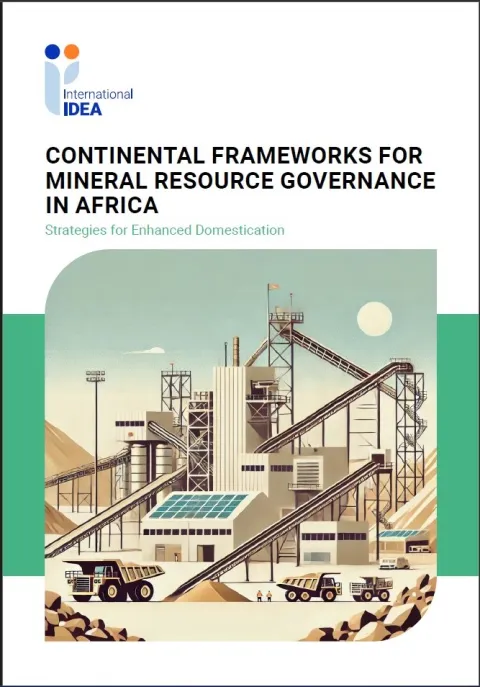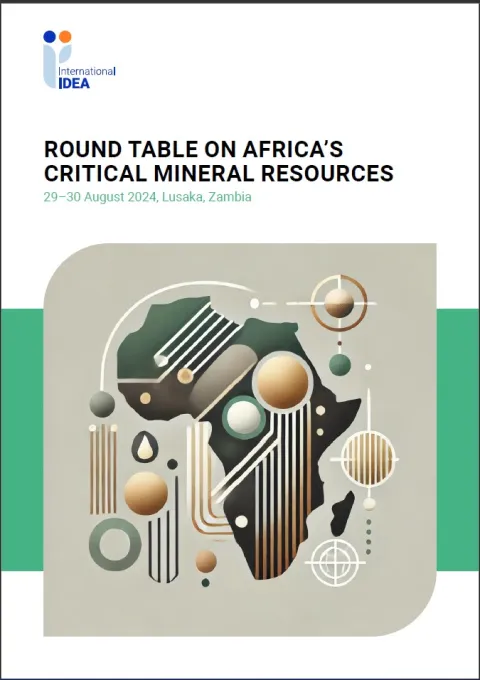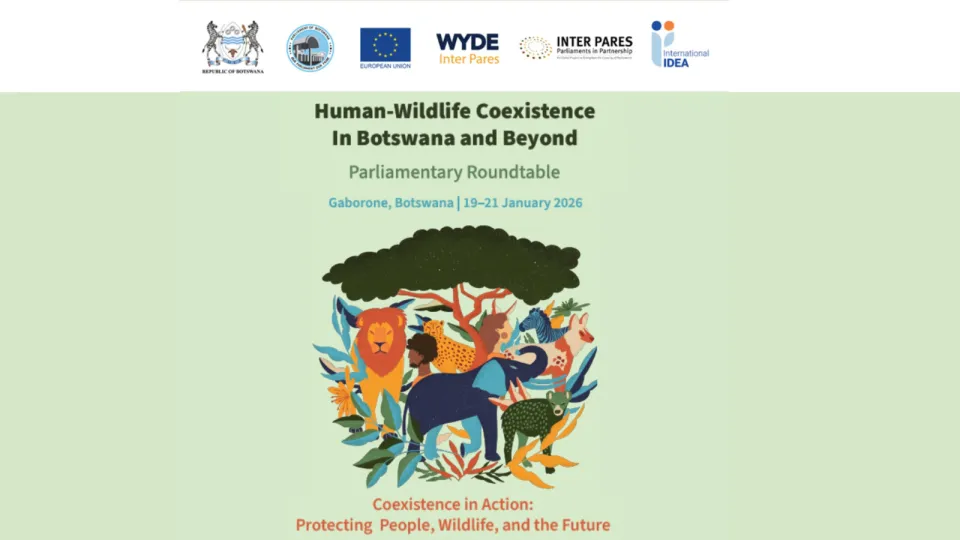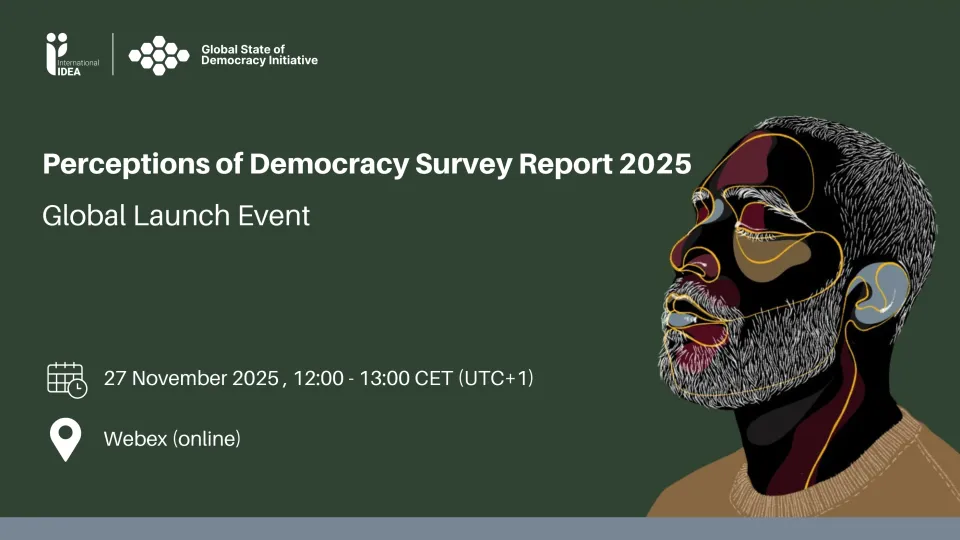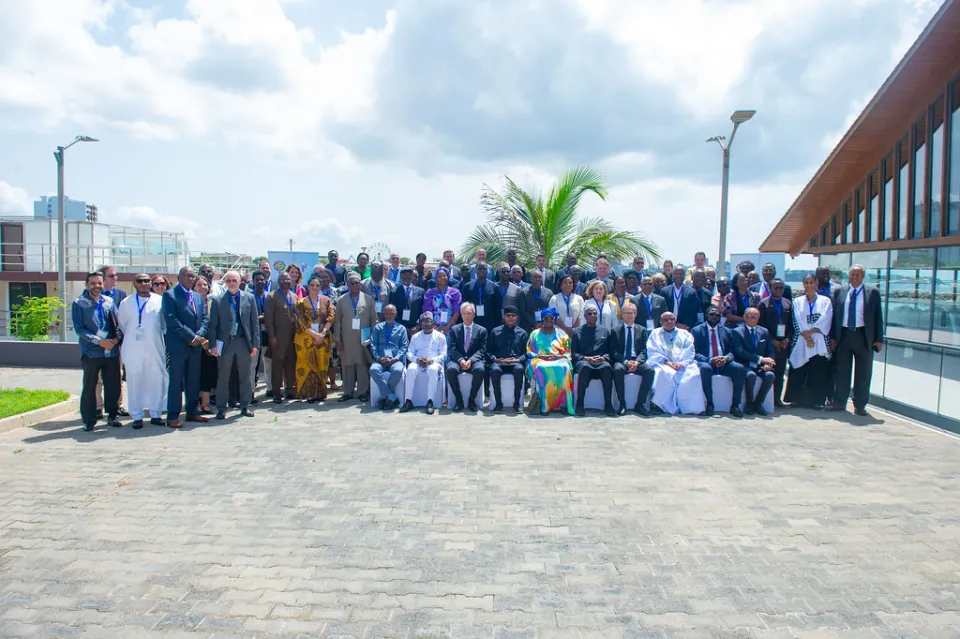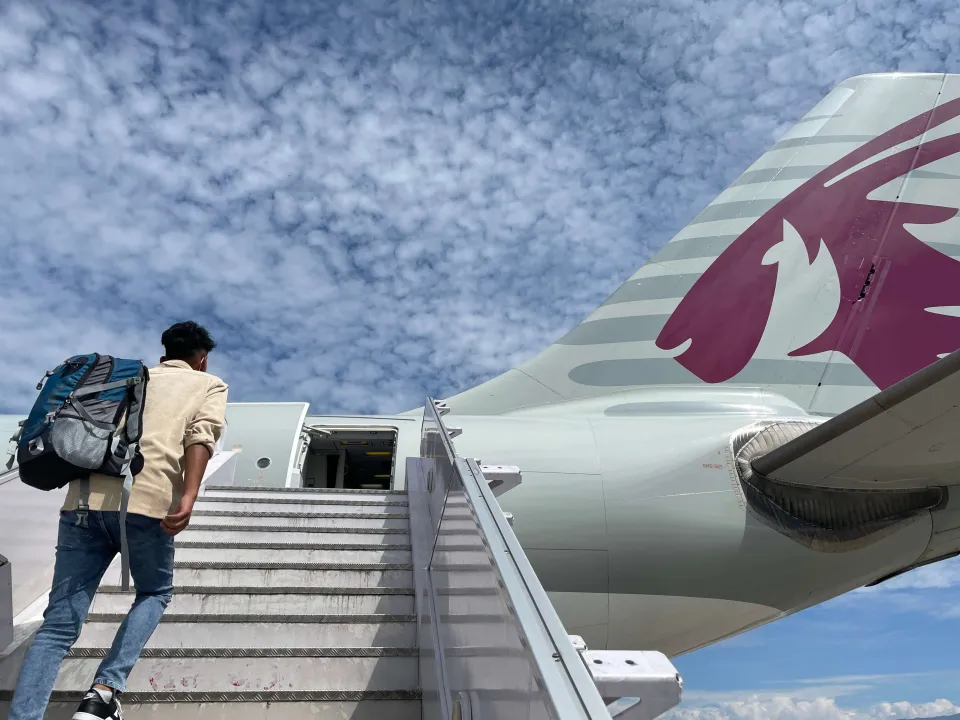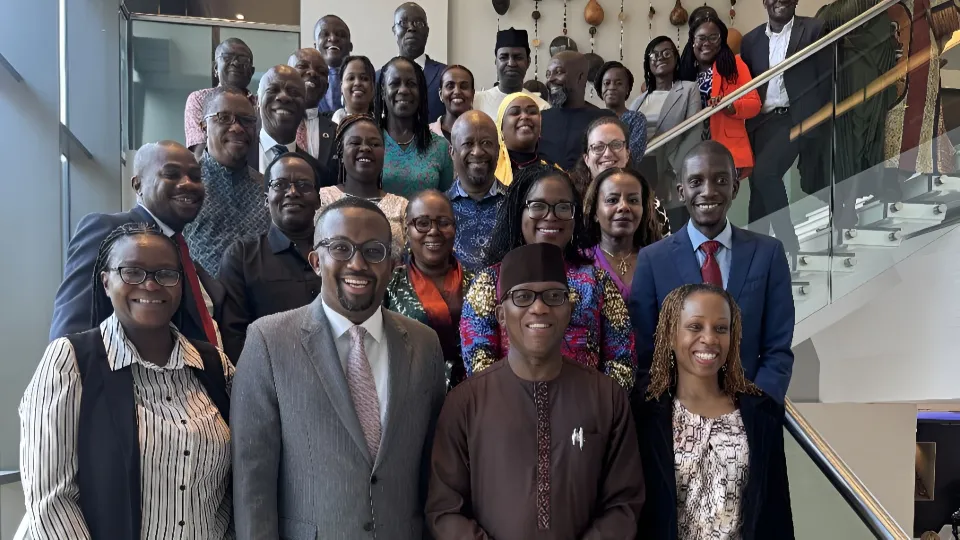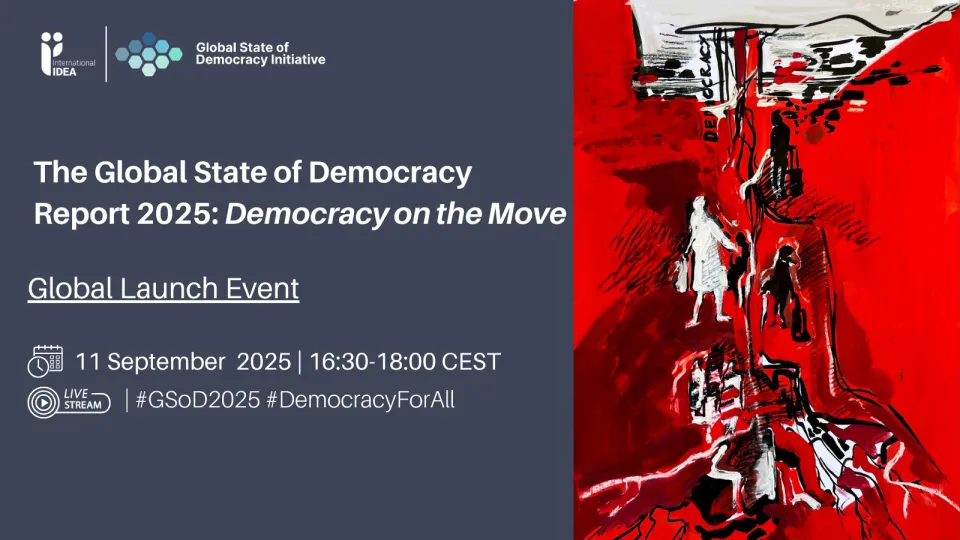Taking Stock of Regional Democratic Trends in Africa and the Middle East Before and During the COVID-19 Pandemic
This GSoD In Focus aims at providing a brief overview of the state of democracy in Africa and the Middle East at the end of 2019, prior to the outbreak of the pandemic, and then assesses some of the preliminary impacts that the pandemic has had on democracy in the region in the last 10 months.
Key facts and findings include:
Africa
- In 2019 alone, 75 per cent of African democracies saw their scores decline, and electoral processes in Africa have failed to become the path for political reform and democratic politics. The reasons are many, including weak electoral management and executive aggrandizement.
- The key challenges to democracy brought about by the pandemic involve the management of elections, restrictions on civil liberties (especially freedom of expression), worsening gender equality, deepening social and economic inequalities, a disruption to education, deterioration of media integrity, disruption of parliaments and an amplified risk of corruption. These challenges exacerbate and accelerate long-standing problems in the region.
- Despite the challenges, the COVID-19 pandemic might galvanize governments to reinforce public health and social protection mechanisms, rendering the state more able to cushion the impact of the crisis, and enhancing its legitimacy.
The Middle East
- The Middle East is the most undemocratic region in the world. Only 2 out of 13 countries in the region are democracies. The COVID-19 pandemic has deepened the economic and social problems of the region, which could exacerbate the pre-existing democratic challenges.
- Freedoms of expression and media were severely curtailed in many countries in the region prior to the pandemic. In some cases, COVID-19 has aggravated this. Countries have closed media outlets and banned the printing and distribution of newspapers, under the pretext of combating the spread of COVID-19. This has restricted citizens’ access to information.
- Migrant workers and internally displaced people have been disproportionally affected by COVID-19. A significant proportion of the infections in the region have been in impoverished migrant and refugee communities. In the Gulf region, curfews and lockdowns have resulted in many migrants losing their livelihood, right to medical attention and even repatriation. Migrants have also faced discrimination often being held in detention centres, in poor conditions, as part of governmental efforts to curb the number of COVID-19 infections among citizens.
The review of the state of democracy during the COVID-19 pandemic in 2020 uses qualitative analysis and data of events and trends in the region collected through International IDEA’s Global Monitor of COVID-19’s Impact on Democracy and Human Rights, an initiative co-funded by the European Union.
Details
Staff authors
Contents
A. Taking stock of regional democratic trends in Africa before and during the COVID-19 pandemic
1. Introduction
2. The democratic landscape in Africa prior to the COVID-19 pandemic
3. Democracy in Africa during the COVID-19 pandemic: Challenges and opportunities
4. Conclusion
B. Taking stock of regional democratic trends in the Middle East before and during the COVID-19 pandemic
1. Introduction
2. The democratic landscape in the Middle East prior to the COVID-19 pandemic
3. Democracy in the Middle East during the COVID-19 pandemic: Challenges and opportunities
4. Conclusion
Give us feedback
Do you have a question or feedback about this publication? Leave us your feedback, and we’ll get back to you
Send feedbackTaking Stock of Regional Democratic Trends in Africa and the Middle East Before and During the COVID-19 Pandemic
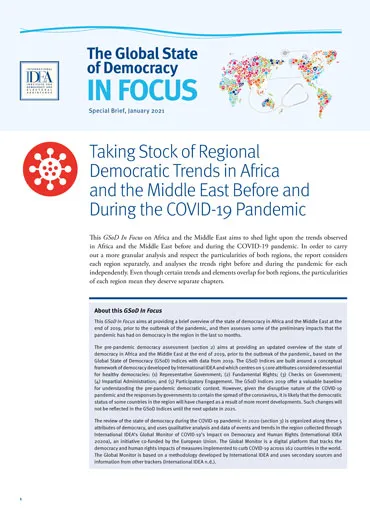
| Total views | 7091 |
|---|---|
| Downloads | 14 |
| Rating |
Staff authors
Give us feedback
Do you have a question or feedback about this publication? Leave us your feedback, and we’ll get back to you
Send feedback